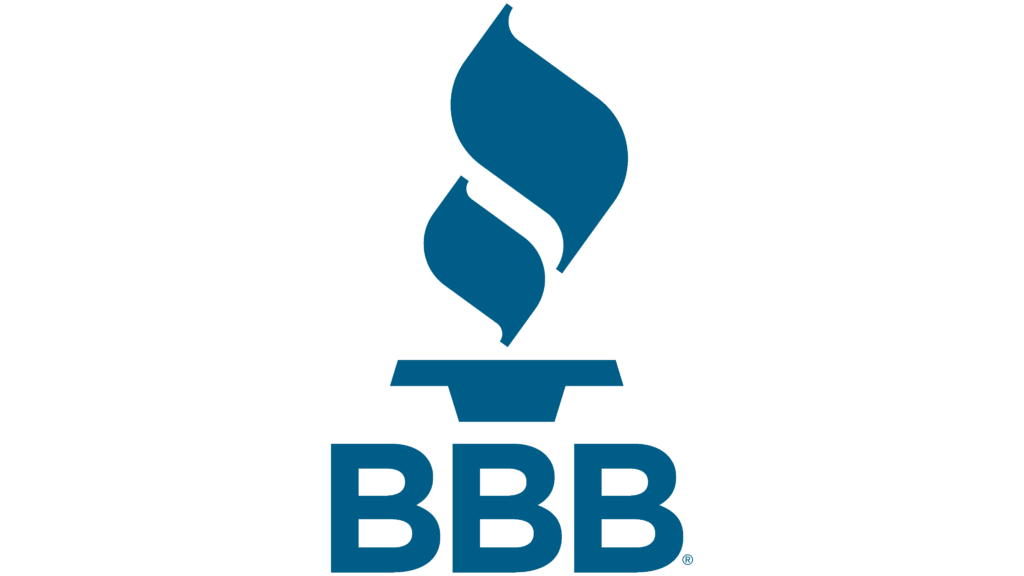In the rapidly evolving online gambling industry, discerning genuine player feedback from deceptive reviews has become more critical than ever. While platforms like games not on gamstop offer appealing options for players seeking alternative gambling experiences, they also attract unscrupulous reviewers aiming to manipulate perceptions. Understanding how to identify fake reviews not only protects individual players but also upholds industry integrity. This article explores practical strategies rooted in research and real-world examples to help you evaluate casino reviews accurately.
Table of Contents
Key Indicators of Authenticity in Casino Feedback
Analyzing Reviewer Profiles for Credibility
One of the most reliable methods to assess review authenticity is examining the reviewer’s profile. Genuine reviewers often display consistent activity patterns, such as multiple reviews across various reputable platforms, detailed descriptions of their experiences, and profile information that suggests they are real individuals. Conversely, fake reviewers frequently use newly created accounts with minimal personal details, often posting only once or twice with generic content.
For example, a credible reviewer might share specific details about game types played, deposit amounts, withdrawal experiences, and customer service interactions. In contrast, suspicious profiles may contain generic phrases like “Great casino!” without specifics, or exhibit a sudden burst of reviews within a short timeframe, indicating potential fake activity.
Evaluating Review Language and Sentiment Patterns
The language used in reviews often reveals their authenticity. Genuine reviews tend to have a balanced tone, acknowledge both positives and negatives, and contain nuanced expressions derived from actual experience. Fake reviews, however, often employ overly promotional language, repetitive phrases, or exaggerated sentiments like “Best casino ever!” or “Unbeatable bonuses!” These are marketing jargon designed to sway opinions rather than reflect an honest account.
Research shows that fake reviews often follow common templates, making them identifiable through pattern analysis. For instance, repeated use of certain phrases across multiple reviews or the presence of generic superlatives can be red flags.
Cross-Referencing Multiple Reviews for Consistency
Cross-referencing reviews from different sources helps establish a pattern of consistency. If multiple independent reviews mention similar issues or praise, they are more likely to be legitimate. Conversely, if numerous reviews echo identical language or claims—especially within a short period—this suggests coordinated or fabricated feedback.
For example, if several reviews claim that the casino’s withdrawal process is “instant” despite known delays, or that a particular bonus is “unbeatable,” it warrants further investigation. Authentic players tend to have varied experiences, and discrepancies across reviews can highlight inauthentic feedback.
Tools and Techniques for Detecting Deceptive Feedback
Utilizing Online Review Verification Software
Modern verification tools can analyze review patterns, user behavior, and linguistic features to flag suspicious feedback. Platforms like ReviewMeta or Fakespot apply algorithms trained to identify fake reviews, offering credibility scores for online feedback. These tools analyze factors such as review timing, reviewer history, and linguistic anomalies, assisting players in making informed decisions.
Identifying Suspicious Review Submission Times and Frequencies
Patterns in review submission times can also indicate deception. For instance, a sudden influx of positive reviews over a short span, especially shortly after a casino launches or rebrands, suggests coordinated efforts to boost reputation. Similarly, reviews posted at odd hours or with rapid succession may be automated or part of review farms.
Maintaining a review timeline or log can help identify these anomalies. Real users typically review over extended periods, reflecting ongoing experiences rather than a concentrated burst of feedback.
Spotting Common Fake Review Phrases and Marketing Jargon
Fake reviews often contain clichéd phrases, overuse of superlatives, and marketing language designed to persuade. Examples include phrases like “best ever,” “unmatched bonuses,” “instant withdrawals,” or “top-rated.” Recognizing these patterns can aid in filtering out inauthentic content.
Additionally, some fake reviews include promotional links, referral codes, or vague references to “special offers” without specifics. Being aware of these common markers enhances your ability to discern genuine feedback from marketing ploys.
Impact of Fake Reviews on Player Decisions and Industry Growth
Fake reviews distort the perceived reputation of online casinos, influencing player choices based on false information. Players may be lured into untrustworthy platforms, risking financial loss or personal data breaches. Conversely, positive fake reviews can artificially inflate a casino’s reputation, making it difficult for players to differentiate legitimate operators from scams.
This deception hampers industry growth and damages trust. When players discover they have been misled, it erodes confidence in online gambling platforms, discouraging responsible engagement. Therefore, understanding and identifying fake reviews is vital for maintaining a healthy, transparent industry ecosystem.
Legal and Ethical Considerations in Reviewing Practices
Promoting honest reviews aligns with ethical standards and legal regulations aimed at protecting consumers. Many jurisdictions have laws against false advertising and deceptive marketing, including fake reviews. Engaging in or tolerating such practices can lead to legal repercussions and damage a platform’s reputation.
Responsible players and operators should prioritize authenticity, fostering an environment where genuine feedback guides decision-making. For example, platforms implementing strict moderation policies and verifying reviewer identities contribute to industry integrity.
“Authentic reviews are the backbone of informed gambling decisions—counterfeit feedback undermines trust and hampers industry growth.”
In conclusion, mastering the art of identifying fake reviews involves analyzing reviewer profiles, linguistic patterns, and review timing, supported by technological tools. By doing so, players can make smarter choices and contribute to a transparent gambling environment.




